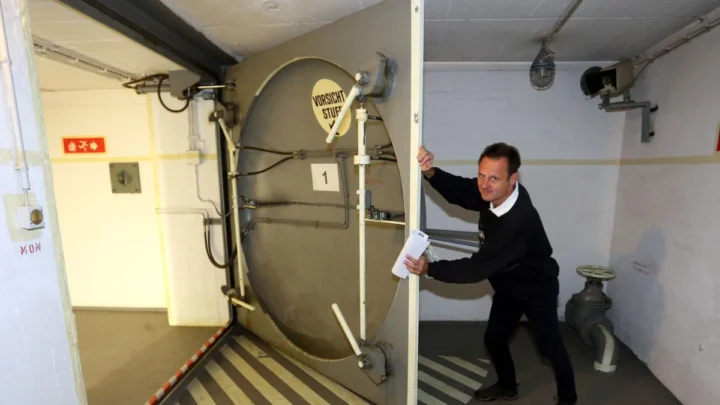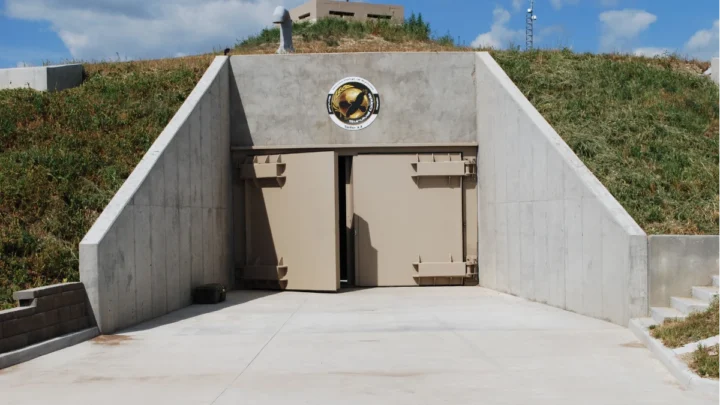With the geopolitical instability in the world, there are more and more people who don’t want to make things easier. Therefore, sales of nuclear bunkers are soaring, but experts warn that the level of protection they offer is not enough if the worst happens.
Nuclear bunkers are trending in the USA
Sales of nuclear bunkers recorded a significant increasedriven by growing fears of global conflicts, climate change and natural disasters. The country where the most structures of this kind are sold is the United States of America, which is no surprise, considering the security fixation that Americans demonstrate.
However, experts have warned that many of these refuges do not offer the necessary protection in the event of a nuclear catastrophe or other major events. In other words, they can be an absolute waste of money.

Global political instability and tensions between nuclear powers, such as the USA, Russia, North Korea or China, have generated a feeling of insecurity among the population. This climate of uncertainty has led to an increase in demand for bunkers, with specialized companies reporting significant growth in sales.
In addition to armed conflicts, the Covid-19 pandemic has raised collective awareness about the fragility of global infrastructure, leading many people to invest in solutions they consider to be safer to protect their families and assets in extreme situations.

They may not be the solution
Despite the increase in sales, experts warn that not all bunkers available on the market are effective in facing extreme scenarios, such as nuclear attacks.
Many of the models currently sold are designed only for basic protection against natural disasters, such as hurricanes or tornadoes, and cannot completely isolate occupants from radiation or toxic gases.
And what are the limitations of these nuclear bunkers? First of all, insulation against radiation. To be effective against a nuclear explosion, bunkers need highly resistant materials such as reinforced steel and radiation-protected concrete. Many models available on the market do not meet these requirements.
Then there is the issue of air filtration. An inadequate ventilation system can allow the entry of radioactive particles or toxic gases, compromising the safety of occupants.
Finally, we have limited self-sufficiency. Although many bunkers are sold as "self-sufficient" solutions, most do not have the capacity to sustain occupants for prolonged periods. The lack of resources such as water, food and energy can be a critical problem.
The role of fear in the search for bunkers
Psychologists point out that the increase in demand for nuclear bunkers reflects a tendency to react to fear and uncertainty. In times of global instability, people seek tangible solutions that give them a sense of control over situations that are beyond their reach.
But experts warn that this sense of security may be illusory. Purchasing a bunker without understanding its limitations can lead to a false sense of protection, putting its occupants at risk in a real crisis situation.
More than investing in physical solutions, it is recommended that governments and populations prioritize collective strategies, such as strengthening international diplomacy and combating the causes of global insecurity. After all, a safer and more stable world is the best protection against disasters of any kind.
Source: pplware.sapo.pt


